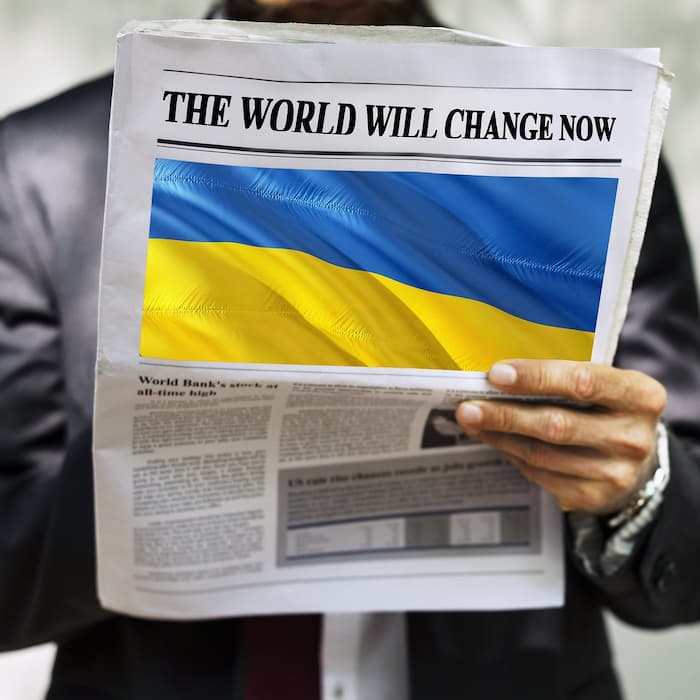Compliance
Switzerland Freezes SFr7.5 Billion In Russian Deposits

Switzerland has frozen assets and detailed measures against Russian nationals in the wake of its adoption of EU sanctions back in February.
Swiss authorities have frozen a total of SFr7.5 billion ($7.48
billion) in assets held by Russian nationals and related entities
in Russia as of 25 November.
Up until 3 June, the State Secretariat for Economic Affairs
(SECO) had been notified of existing deposits held by Russian
nationals and natural persons and legal entities in Russia
amounting to SFr46.1 billion, it said in a statement late last
week.
Besides the frozen assets, 15 properties in six cantons have also
been blocked, SECO said.
Switzerland adopted European Union sanctions on 28 February this
year – an unprecedented move by the famously neutral jurisdiction
– following Russia’s invasion of Ukraine.
“The level of frozen assets is not a direct measure of how
effectively sanctions are being implemented. Moreover, the amount
of frozen assets is a snapshot, and the value can fluctuate: the
frozen amounts can increase if, for example, new persons are
added to the list or if new assets are identified; and they can
fall if assets that were frozen as a precautionary measure have
to be released again once clarifications have been completed,”
SECO said.
Switzerland has made it illegal to accept deposits from Russian
citizens or natural persons and legal entities established in
Russia if the total value of the deposits per person is more than
SFr100,000. Existing deposits exceeding SFr100,000 had to be
reported to SECO in aggregated form by 3 June.
SECO said 123 persons or entities reported 7,548 business
relationships to SECO with a total value of SFr46.1 billion. Some
28 notifications were received in connection with measures
against Belarus involving 294 business relationships with a total
value of SFr400 million.
Natural persons who are nationals of Switzerland or of an EEA
member state and persons who hold a temporary or permanent
residence permit from Switzerland or an EEA member state are
exempt from the ban on deposits and the reporting
requirement.
Deposits by Russian nationals or natural persons and legal
entities in Russia are also exempt, provided the limit of
SFr100,000 per person is not exceeded. The level of reported
deposits, which exceeds SFr46.1 billion, can therefore not be
equated with the total amount of funds of Russian origin held in
Switzerland, SECO said.
The organisation said freezing assets is to be distinguished from
the obligation to report existing deposits of more than
SFr100,000.
All funds and economic resources owned or controlled directly or
indirectly by persons, companies and organisations listed on
measures linked with the Ukraine conflict are frozen and must be
reported to SECO.
